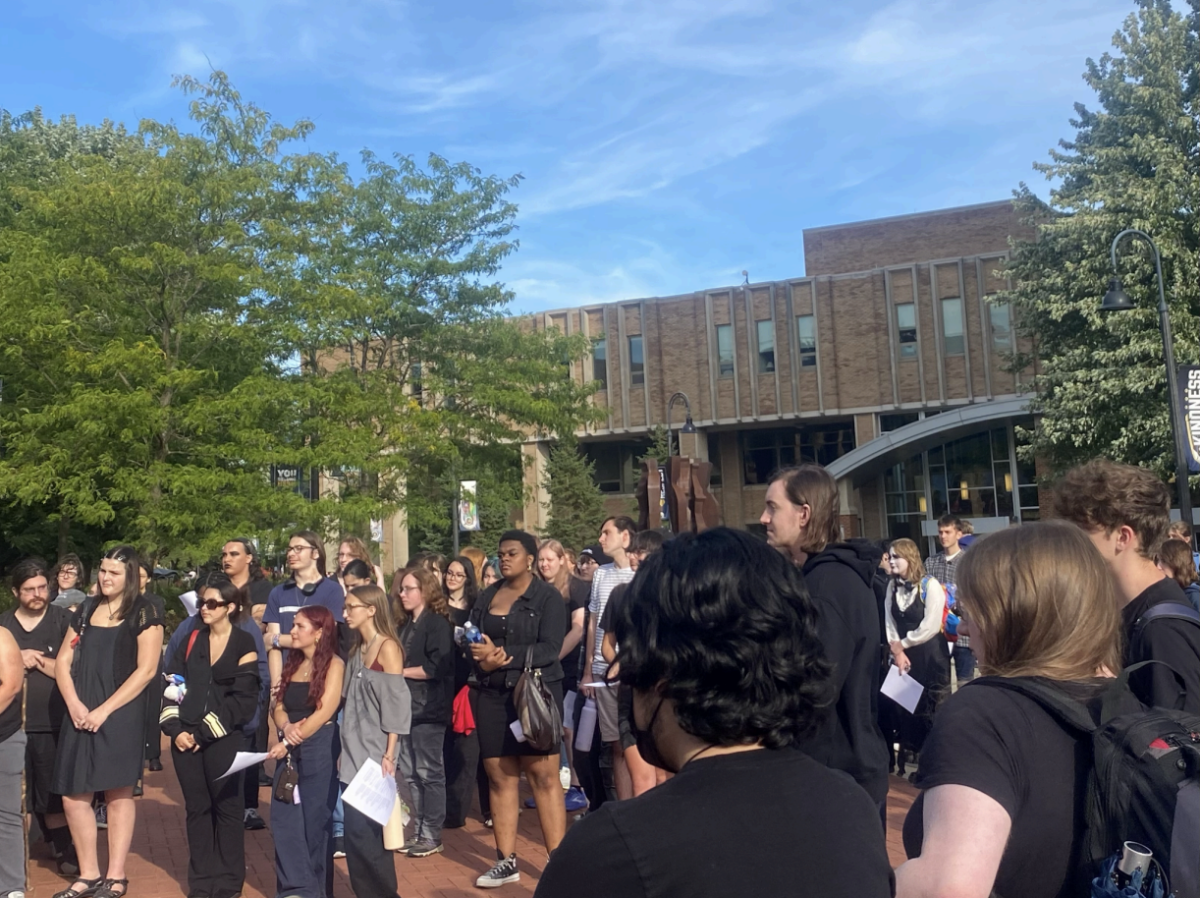
When scrolling through social media, do you ever come across a post and think ugh. Maybe it’s the fifth post you have seen from the same person in one week. Perhaps it’s a picture of someone you went to high school with but barely know. Maybe you genuinely do not like the post. Why is it that when all of these factors pile up, we still feel compelled to comment on the post? Have we all become people pleasers?
First, let’s define what a people pleaser is. A people-pleaser is someone who feels the need to accommodate everyone else’s feelings. Some people please others because they feel like they need to and others do it because they secretly want to be pleased in return. So how exactly does this relate to social media?
Social media has made a lot of people reliant on the thoughts and opinions of others. Platforms such as Instagram have made it easy for people to give and receive validation at the click of a button.
Engaging with others on social media by commenting on their posts spikes dopamine levels in the brain. This increase in dopamine causes people to seek the validation they are giving to others. This creates a vicious cycle of some people expecting to get back what they give to others.
In recent years, the comments section of social media posts feels like a battleground. Similar to the school riot scene in “Mean Girls,” receiving comments and commenting on others’ posts feels like a competition. No one knows whether anything is genuine anymore.
Receiving comments like “so cute” and “gorgeous” are nice in theory until you begin to question the intention of the comment. With validation seeking from others on the rise, it is hard to tell if comments are real or just an invitation for a compliment in return.
With all of these factors to consider, the most important one should be why it matters. Do we need compliments and praise from others to feel at home in our skin?
While it is completely normal to want people to acknowledge your accomplishments, it is not healthy to be overly reliant on the opinions of others. When we rely on others to make us feel good about ourselves, it makes it harder for us to feel content.
It is safe to say that social media has created a people-pleasing epidemic. It has caused society to seek validation from others more than ever.
To recover from the people-pleasing epidemic, the first step in the healing process is to identify the root of the problem. The problem could be insecurities with one’s self, comparing oneself to others, or even negative self-talk.
Meditation and positive affirmations are good ways to begin practicing self-love and acceptance. Once someone begins to love themselves and be content with who they are, they will stop craving validation from others.
If everyone in society can learn to love themselves, then the people-pleasing epidemic can come to an end. Maybe then we will not have to question whether what we see on social media is genuine.
The next time you are scrolling through social media and feel compelled to comment on someone’s post, do it because you want to and not because you need to.






